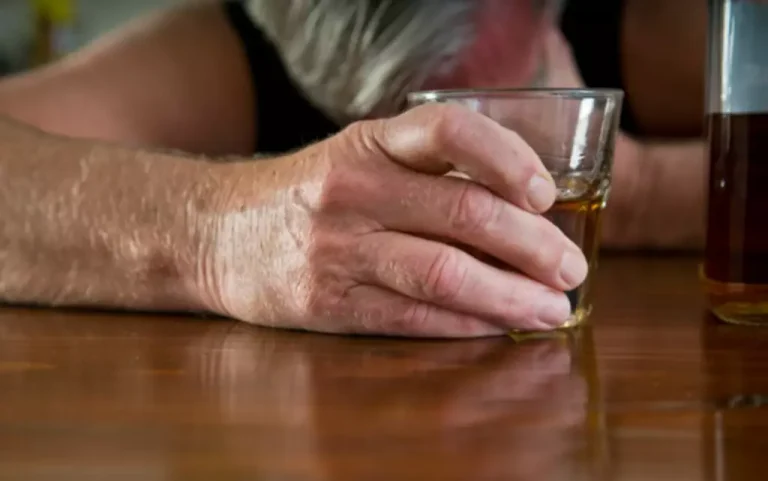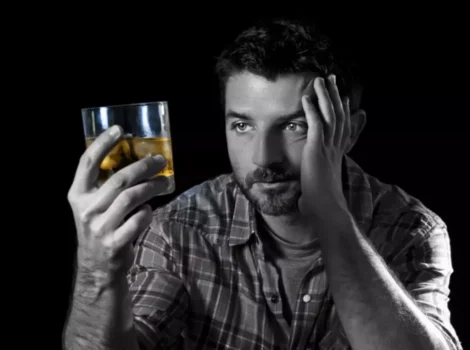
Factors like health insurance, housing and income can determine how long you remain on medication. Like a child, you also need to learn new behaviors and rebuild your life. It’s a journey to accept, control and heal the feelings that led to addiction. Some people may have to remain on medications indefinitely; for others, a doctor may taper them off.
How heroin affects the body
Over time, you may lose the ability to control your actions or make good decisions. If you snort heroin a lot, you may damage https://ecosoberhouse.com/ the lining of your nose or airways. You may destroy the tissue that separates your nasal passages (called the septum).
Adderall Addiction Stories: Personal Accounts of Struggle and Recovery

There’s no way to know what you’re taking or how strong it is. Because of this, medication can ease cravings and physical withdrawal symptoms, reducing the likelihood of using heroin during detox. Diagnosing any kind of substance use disorder, including opioid use disorder, is done by a thorough examination and assessment by a psychiatrist or psychologist. In some states, a licensed drug and alcohol counselor may make the diagnosis.
Heroin: Uses, Effects, and Addiction
This is called hypoxia and can happen if you take large doses of any opioid drug, but the chances are higher with synthetic opioids such as heroin or fentanyl. If you suspect that you or someone you care about has a heroin addiction, talk with a professional. This can include a mental health professional like a licensed drug or alcohol counselor or a social worker, physician, or psychiatrist. If you or someone you love is struggling with addiction, American Addiction Centers can help. Providing all levels of care via evidence-based treatment programs in a variety of U.S. locations, AAC treats a host of substance use disorders including those involving opioids such as heroin. This article will explain the signs of heroin addiction, including mental and physical signs.
- The advantage of diamorphine over morphine is that diamorphine is more fat soluble and therefore more potent by injection, so smaller doses of it are needed for the same effect on pain.
- Stress and irritability creep in, so you take more opioids to cope.
- The drug was responsible for more than 14,000 overdose deaths in 2019, according to the latest survey data available.
- If you do start using the drug, it’s likely you’ll lose control over its use again — even if you’ve had treatment and you haven’t used the drug for some time.
Prompt medical intervention can be lifesaving for a person experiencing a heroin overdose. People with OUDs often require treatment to recover from heroin addiction. Treatment can include a combination of medication, therapy, and support groups. It can lead to addiction and misuse and has associations with several potentially severe side effects. This article reviews heroin’s effects, how people administer it, signs of addiction, and risks. It also explores addiction treatment and where to find support.

One expert says the average person could relapse four or five times over eight years to achieve a single year of sobriety. There might be crippling pain, vomiting, insomnia, spasms, hot and cold flashes, goosebumps, congestion and tears. You might feel like you’re having the worst flu of your life, or like a demon is crawling out of your skin. But even a thousand more doses will never bring back the experience of that first time. They may also feel they have no choice but to steal money and valuables from people around them to pay for heroin. Getting treatment can help a person develop a plan for a healthier relationship with heroin, whether that is abstinence or reducing their use.

Withdrawal may occur within a few hours after the last time the drug is taken. Symptoms of withdrawal include restlessness, muscle and bone pain, insomnia, diarrhea, vomiting, cold flashes with goose bumps (“cold turkey”), heroin addiction treatment and leg movements. Major withdrawal symptoms peak between 24–48 hours after the last dose of heroin and subside after about a week. However, some people have shown persistent withdrawal signs for many months.

Some people may also experience withdrawal symptoms if they stop taking heroin suddenly. If a person takes too large a dose, they may unintentionally overdose. Healthcare experts may also refer to heroin misuse as a substance use disorder (SUD).
